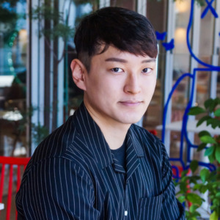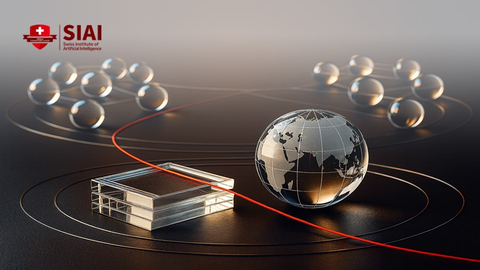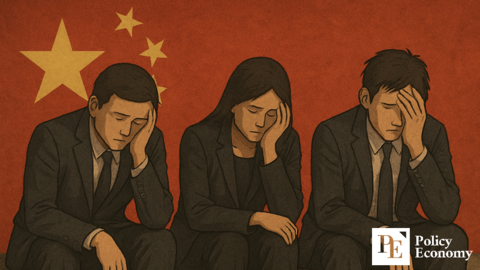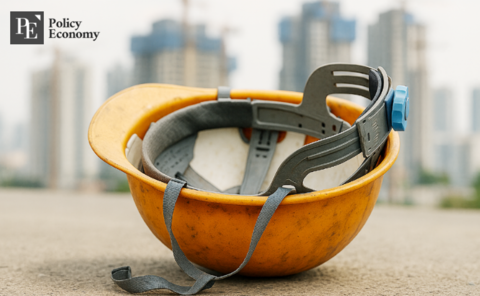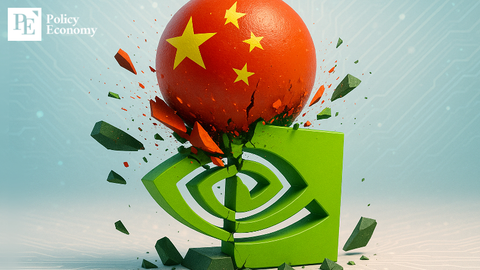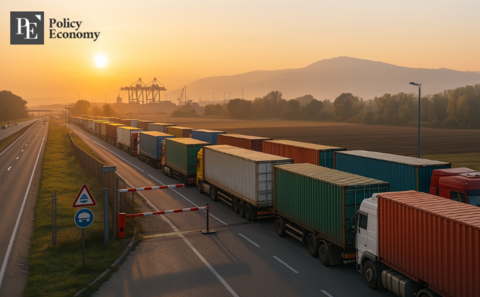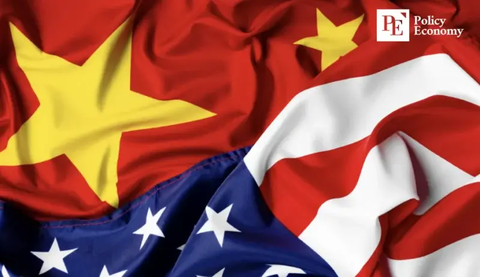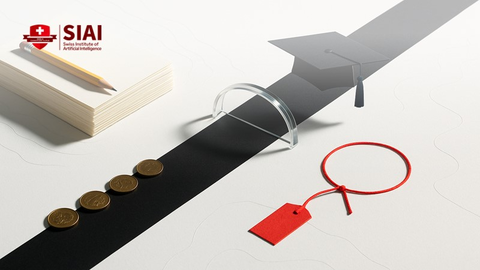[동아시아포럼] 2022년, 난관에 봉착한 APEC의 야망
입력
수정
[동아시아포럼]은 EAST ASIA FORUM에서 전하는 동아시아 정책 동향을 담았습니다. EAST ASIA FORUM은 오스트레일리아 국립대학교(Australia National University)의 크로퍼드 공공정책 학교(Crawford School of Public Policy) 산하의 공공정책과 관련된 정치, 경제, 비즈니스, 법률, 안보, 국제관계 및 사회에 대한 분석 및 연구를 위한 플랫폼입니다.
저희 폴리시코리아(The Policy Korea)와 영어 원문 공개 조건으로 콘텐츠 제휴가 진행 중입니다.
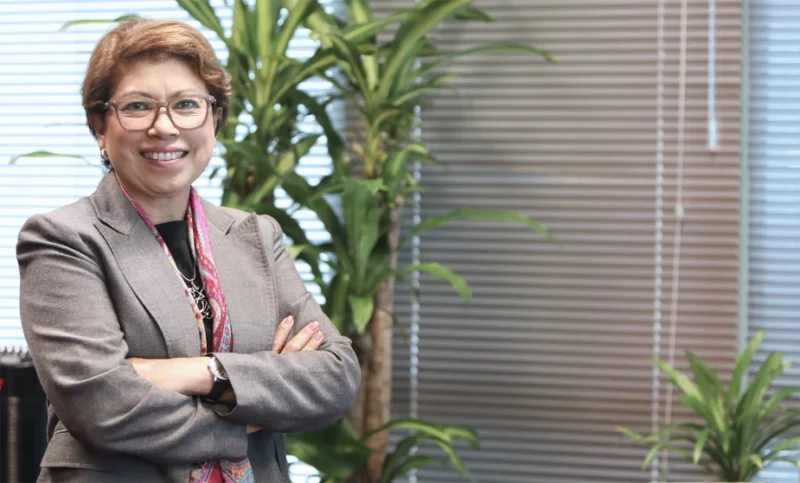
레베카 파미타 스타 마리아(Rebecca Fatima Sta Maria)는 APEC 사무국의 전무이사입니다. 말레이시아 국제무역산업부의 사무총장을 역임했습니다. 그녀는 APEC과 ASEAN과 같은 다자간 포럼에 말레이시아가 참여하는 데 핵심적인 역할을 했으며 APEC 사무국 최초의 여성 전무이사입니다.
2022년이 밝아오며 전염병은 마침내 통제되고 있는 것처럼 보였고 아시아태평양경제협력체(APEC) 2022는 성공할 것처럼 느껴졌다. APEC 2022 개최국으로서 태국은 1년간 대면 회의를 통해 포괄적이고 지속 가능한 경제성장을 심화시키는 데 APEC의 관심이 집중될 것으로 기대했다.
그러나 APEC 회원국인 러시아가 우크라이나에 대한 군사 공격을 시작한 2월 24일, 예기치 못한 새로운 국면을 맞이하게 되었다. '침략'이라 부르든 '특별 군사작전'이라 부르든 APEC 회원국이 연루된 지정학적 갈등은 모두에게 재앙이었다.
태국은 갈등의 여파를 관리하는 동시에 APEC의 논의를 진행시키기 위해 구성원들을 독려할 필요가 있었다. 갈등을 관리하면서 동시에 합의점을 찾는 태국의 접근법은 향후 APEC 회의의 모범으로 꼽힐 만하다. 특히 우크라이나 분쟁에 반대하는 입장과 APEC 개최국으로서의 책임을 조화시키려고 노력하는 2023년 APEC 개최국 미국이 참고할 만한 사례다.
APEC은 회원국들이 구조개혁, 무역·투자, 기후변화 등 중요 현안에 대한 논의와 협상에 나설 수 있는 플랫폼이다. APEC의 목적은 회원국들이 신뢰를 쌓고, 어려운 대화를 나누며, 공동의 과제를 해결하기 위한 진전을 이룰 수 있는 공간을 제공하는 것이다. 별다른 사건이 없었다면 이러한 이상적인 논의가 2022년에 일어났을 것이다.
그러나 2022년 5월 APEC 통상 장관들의 첫 회의에서 실제 일어났던 상황은 미국, 일본, 캐나다, 호주, 뉴질랜드의 대표들이 러시아-우크라이나 전쟁에 대한 불만을 표명하기 위해 나섰다는 것이다. 당시 회의는 지속 가능하고 포용적인 성장을 위해 협력하는 것에 대한 합의는 뒷전으로 미뤄둔 채 성토의 장이 되고 말았다.
비록 2022년 APEC에서 정치적, 무역적 갈등의 사례가 공개적으로 보고되었지만, 이러한 문제와 관련되지 않은 다른 가시적인 발전도 있었다.
무역과 투자에 대한 논의를 중심으로 시작된 모임이지만, 2005년 아시아 태평양 자유무역지대(FTAAP)의 아이디어가 처음 제안된 이후 많은 것이 바뀌었다. COVID-19 팬데믹, 기후변화에 대한 우려, 디지털화의 영향, 노동자 권리와 공정 경쟁 정책 무역 및 투자 협정 문제들이 대두됐고 이제는 단순한 시장 접근을 넘어 더 광범위한 문제를 해결할 필요가 있다는 인식으로 이어졌다. 이것들은 이제 "차세대 무역 및 투자 이슈(NGenTI)"라고 불린다.
태국은 성공적으로 APEC을 설득했고 이러한 우려를 의제로 다루었다. 이는 미래의 자유무역협정을 위한 시험대가 되려는 목표를 고려할 때 중요한 진전이다.
APEC이 팬데믹 기간 동안 다루어야 했던 또 다른 필수의제는 안전한 여행의 재개였다. 최우선으로, 사업을 다시 시작할 수 있도록 필수 노동자들의 이동을 보장할 필요가 있었다.
2022년 1월, APEC은 코로나19에서 벗어나면서 지역 내 안전하고 원활한 국경을 넘나드는 여행을 조정하기 위해 안전 통행 태스크 포스를 설립함으로써 그 과정을 시작했다. 여기에는 항공 및 해상 승무원을 포함한 필수 근로자와 예방 접종 인증서의 상호 운용성, 기업인과 고위 정부 관리들에게 발급된 카드인 APEC 비즈니스 여행 카드가 포함되어 있어 더 많은 사람들이 지역 내에서 단기적인 여행을 쉽게 할 수 있게 되었다.
APEC은 자발적이고 구속력이 없는 포럼이며 환경 문제를 다루는 주요 지역 플랫폼이 아니지만 회원국들은 기후변화와 점점 더 빈번해지는 극심한 기상 변동 및 자연재해의 문제를 해결하지 않고서는 포용적이고 지속 가능한 성장에 대한 의미 있는 논의가 있을 수 없다는 것을 인식하고 있다. APEC 회원국들은 비효율적인 화석연료 보조금을 단계적으로 폐지하기로 한 약속에 대한 합의를 도출할 수 있었다. 또한 불법적이고, 보고되지 않고, 규제되지 않은 어업 및 해양 쓰레기를 처리하기 위한 조치를 시행했다.
태국은 APEC 회원국들이 바이오-순환-그린(Bio-Circular-Green, BCG)이라는 경제 모델을 방콕에서 합의된 공동의 목표로 채택하도록 함으로써 APEC 2022를 마무리했다. 이는 기업들이 친환경 비즈니스 모델을 채택하도록 장려하는 조치를 포함한 포괄적인 틀을 마련한 것으로, 지속 가능한 경제성장을 위한 APEC의 약속을 확고히 하겠다는 의미다.
어려운 한 해였음에도 불구하고 APEC에서 태국이 주도한 새로운 목표는 중요한 성과로 여겨진다. 회원국들은 협업, 유연성, 더 큰 선을 위해 일하는 것에 대한 이해를 보여주었고 이것은 APEC이 계속해서 지켜야 할 가치이다. 2023년, 세계 경제가 총체적으로 어려울 것으로 예상되는 가운데 APEC 2023의 개최국으로서 미국은 이러한 난국을 헤쳐 나가고 경제적 안녕을 개선하는 데 집중해야 할 것이다.
APEC’s ambitions met with challenges in 2022
The start of 2022 held much promise for APEC economies. The pandemic seemed under control. As the 2022 APEC host, Thailand anticipated a full year of in-person meetings to focus the region’s attention on deepening inclusive and sustainable economic growth.
All bets were off after 24 February when Russia — an APEC member — launched a military assault on Ukraine. Whether it is called an ‘invasion’ or a ‘special military operation’, a geopolitical conflict involving an APEC member is tough on everyone.
Thailand had to recalibrate to ensure that the group stayed focused while managing the fallout from the Ukraine war. The Thai model of managing conflict in an international grouping while simultaneously eking out consensus could provide a template for ensuing meetings in 2023. It may be particularly relevant for the United States as it tries to balance its opposition to the Ukraine conflict with its obligations as host of APEC 2023.
This is what was supposed to happen in 2022 — APEC provides a platform to build trust, facilitate difficult conversations and make headway on matters of collective importance, such as structural reform, trade and investment and climate change.
Yet what actually happened, during the first meeting of the APEC trade ministers in May 2022, was that representatives from the United States, Japan, Canada, Australia and New Zealand walked out to express their displeasure with the Russia–Ukraine war. What grabbed the headlines was not the consensus achieved on collaborating on sustainable and inclusive growth, but the walk out.
Away from the public eye, APEC 2022 was not all about geopolitics and trade tensions.
While trade and investment has always been central to the grouping’s work, much has changed since the idea of the Free Trade Area of the Asia Pacific (FTAAP) was first mooted in 2005. The COVID-19 pandemic, climate change, digitalisation and concerns over workers’ rights and competition policy — the so-called Next Generation Trade and Investment Issues (NGenTI) — have taught the region that trade and investment agreements must go beyond the ‘traditional’ market access concerns.
Thailand pulled through, successfully pushing APEC to put these concerns on the table. This was an important step given the grouping’s aims to be the testbed for free trade agreements of the future.
Another imperative that APEC had to navigate throughout the pandemic was the safe resumption of travel. It first had to ensure the movement of essential workers, which was closely followed by getting businesses going again.
In January 2022, APEC kickstarted the process by establishing the Safe Passage Task Force to coordinate safe and seamless cross-border travel within the region as it emerged from the COVID-19 pandemic. This covered essential workers, including air and maritime crew, as well as the interoperability of vaccination certificates and making the APEC Business Travel Card — a card issued to businesspeople and senior government officials to allow easy, short-term travel within the region — accessible to more people.
APEC is a voluntary, non-binding forum. It is not the main regional platform for dealing with environmental issues. But the members recognise that there cannot be meaningful discussions on inclusive and sustainable growth without addressing the challenge of climate change and the increasingly frequent extreme weather fluctuations and natural disasters arising from it. APEC members were able to build consensus on meeting commitments to phase out inefficient fossil fuel subsidies. They also implemented measures to deal with illegal, unreported and unregulated fishing and marine debris.
Thailand completed its 2022 work by getting APEC members to adopt the Bangkok Goals for a Bio-Circular-Green (BCG) economic model. This is a comprehensive framework that includes measures to encourage businesses to adopt greener business models — sealing APEC’s commitment towards sustainable economic growth.
Despite a challenging year, the Thai-led initiatives are important achievements for APEC. They reflect collaboration, flexibility and a collective realisation that working for the greater good remains relevant. These are the values that the grouping must continue to uphold given that 2023 is expected to be another tough year for global economic development. As APEC 2023 host, the United States will helm the group through the challenges and focus attention on the economic wellbeing of the region.
Rebecca Sta Maria is Executive Director of the APEC Secretariat, Singapore.
This article is part of an EAF special feature series on 2022 in review and the year ahead.
